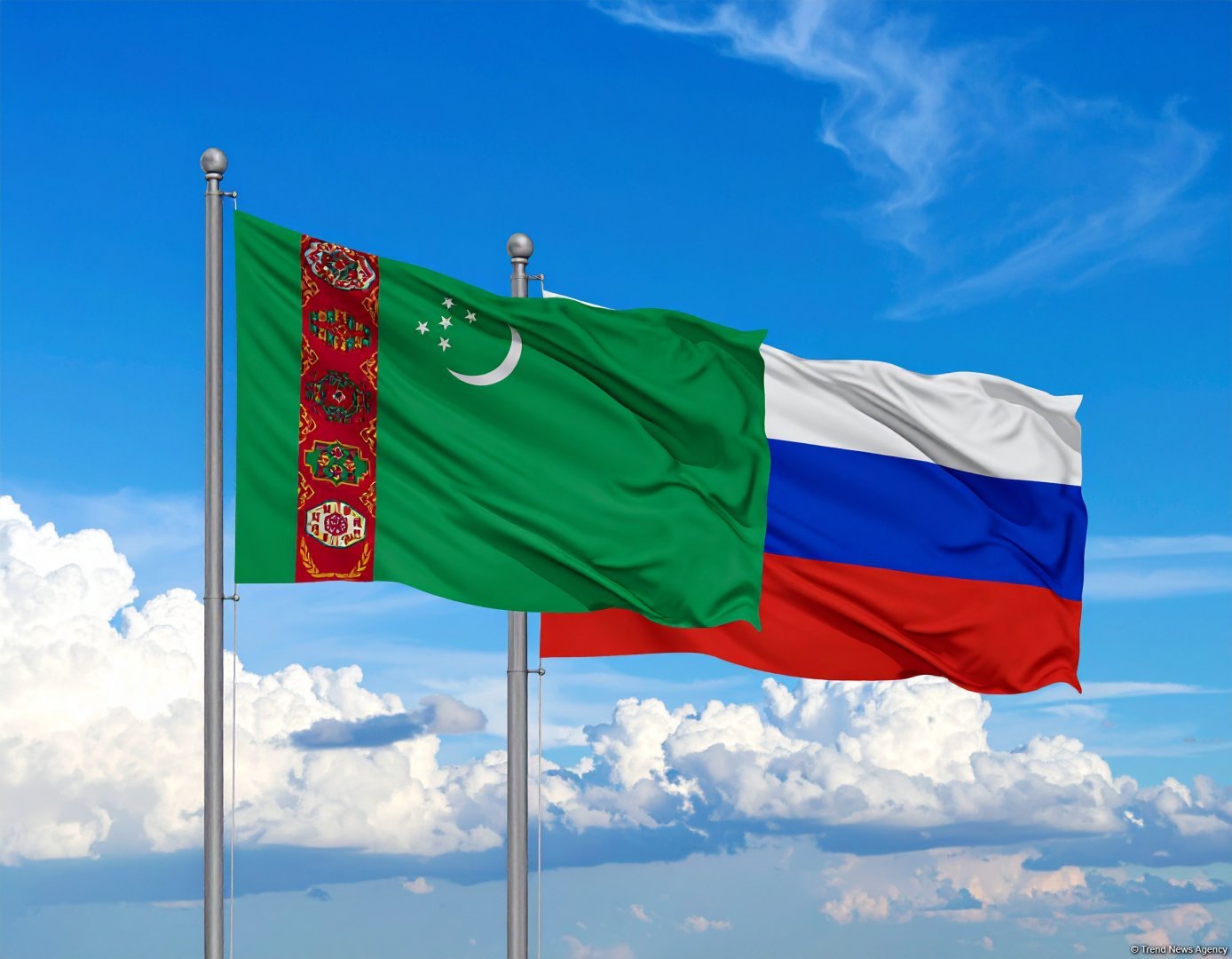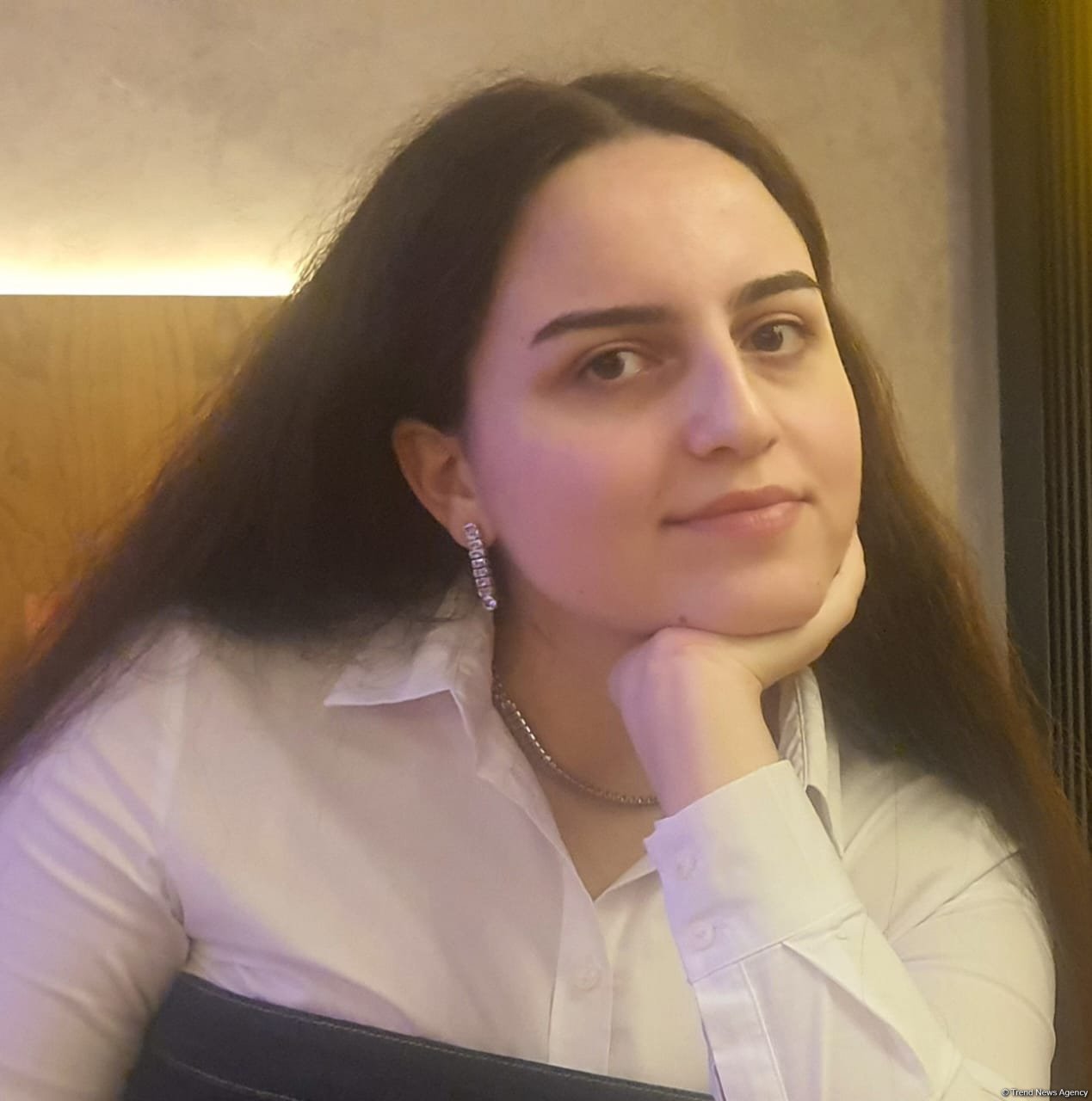BAKU, Azerbaijan, October 16. Turkmenistan’s strategic location puts the country in the driver’s seat for stable and sustainable regional cooperation, with a string of recent successes tied directly to the policies of President Serdar Berdimuhamedov, who is all about rolling up his sleeves and getting down to brass tacks with initiatives at the intergovernmental level. Within the framework of its partnership with Russia, Ashgabat has increasingly prioritized the development of the North-South international transport corridor, viewing it as a crucial artery for regional economic integration. It was at Berdimuhamedov’s behest that these matters got the ball rolling with systematic development and oversight by the intergovernmental commission.
The 13th meeting of the Intergovernmental Commission on Economic Cooperation with Russia in Ashgabat turned out to be a feather in the cap for solidifying these efforts. Transport infrastructure development and the strengthening of economic ties, including active promotion of the North-South corridor, were central to the agenda. Statistical results underscore the progress: in the first half of 2025, 176,761 vehicles passed through the western branch of the corridor, with cargo turnover reaching 6.8 million tons, 13 percent higher than in the same period of 2024. The overall throughput of the routes is estimated at 15-23 million tons per year, with a stable upward trend.
To speed up the freight train and make the route a hot ticket for investment, a deal on a streamlined customs corridor was inked during intergovernmental talks, cutting through red tape and boosting logistics efficiency. Currently, in excess of 2 million tons of freight navigate through Turkmenistan, with a notable uptick in road transport by nearly 25 percent during the initial quadrimester of 2025, exemplifying the efficacy of Berdimuhamedov’s strategic frameworks in converting intergovernmental resolutions into actionable protocols.
The meteoric rise in bilateral trade has been the writing on the wall for successful cooperation: in the first seven months of 2025, trade turnover soared past $1.6 billion, marking a leap of over 30 percent compared to the same stretch last year, with trade from January to March 2025 climbing by 21.4 percent over the first quarter of 2024. The commission discussed trade diversification, with Russia increasing food and metal product supplies and Turkmenistan expanding exports of textiles, food products, and agricultural raw materials, confirming the practical orientation of Berdimuhamedov’s economic policy and creating a long-term foundation for growth.
The energy and industry sectors continued to be front and center on the agenda of the 13th commission. Turkmenistan increased gas production to 77.6 billion cubic meters in 2024 and oil to 8.3 million tons, supplying Russia with about 5.5 billion cubic meters per year. The commission also discussed joint projects with Russian companies, including development of the Caspian Dostlug field with large hydrocarbon reserves and prospects for joint electricity supplies to neighboring markets, reflecting the priorities of the industrial and energy policy under Berdimuhamedov’s leadership.
The recent negotiations culminated in a suite of strategic
documents that catalyze synergies in social and agricultural
domains. This includes a comprehensive educational cooperation
framework, bilateral agreements facilitating commodity exchange
synergies, and targeted initiatives aimed at enhancing agricultural
productivity and equine breeding advancements.
At the regional tier, leveraging bilateral achievements,
Turkmenistan under the leadership of Berdimuhamedov tabled
significant initiatives during the Central Asia-Russia summit in
Dushanbe, emphasizing the enhancement of transport and logistics
frameworks and the North–South corridor integration. The
aforementioned proposals exhibited a direct correlation with the
subjects deliberated during the 13th commission, thereby obtaining
strategic validation and actionable subsequent measures.
“Turkmenistan sees great prospects in developing the North-South international transport corridor along the eastern Caspian coast. This corridor is valuable in itself and brings significant benefits to all participants. At the same time, it should be considered part of a larger Eurasian transport project,” noted President Berdimuhamedov.
His proposition to leverage the Turkmenbashi seaport for direct logistical connections across the Caspian Sea was duly encapsulated in ensuing commission resolutions.
“Special attention should be given to the Caspian transport and logistics hub to establish direct transport connections between Central Asian countries and Russia via the Caspian Sea. Turkmenistan is ready for substantive discussions on using the capabilities of the international Turkmenbashi port,” he emphasized.
The initiatives of President Serdar Berdimuhamedov were consistently presented and reinforced at the 13th Intergovernmental Commission meeting with Russia, forming the basis for concrete agreements and practical measures. A plethora of contemporary accomplishments can be unequivocally attributed to Berdimuhamedov’s strategic frameworks. With sustained intergovernmental collaboration on the horizon, these initiatives stand poised to evolve into expansive regional undertakings, thereby amplifying Turkmenistan’s transit capabilities and fostering enhanced economic synergies with Russia and Central Asian nations.
Stay up-to-date with more news on Trend News Agency's WhatsApp channel







